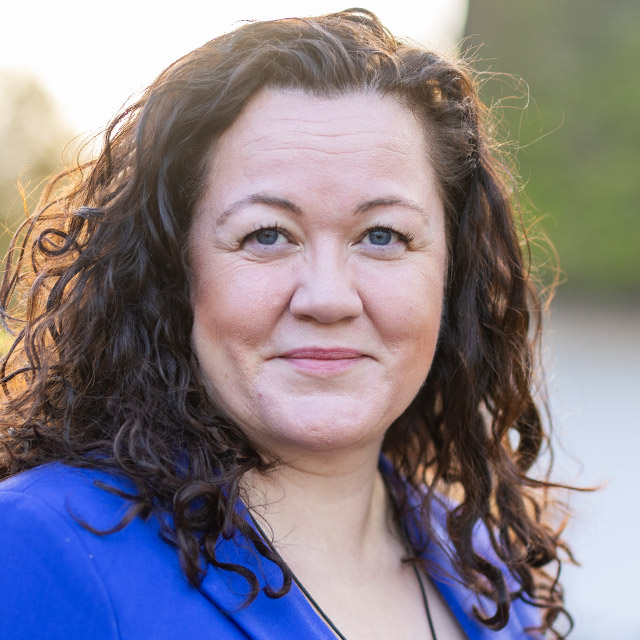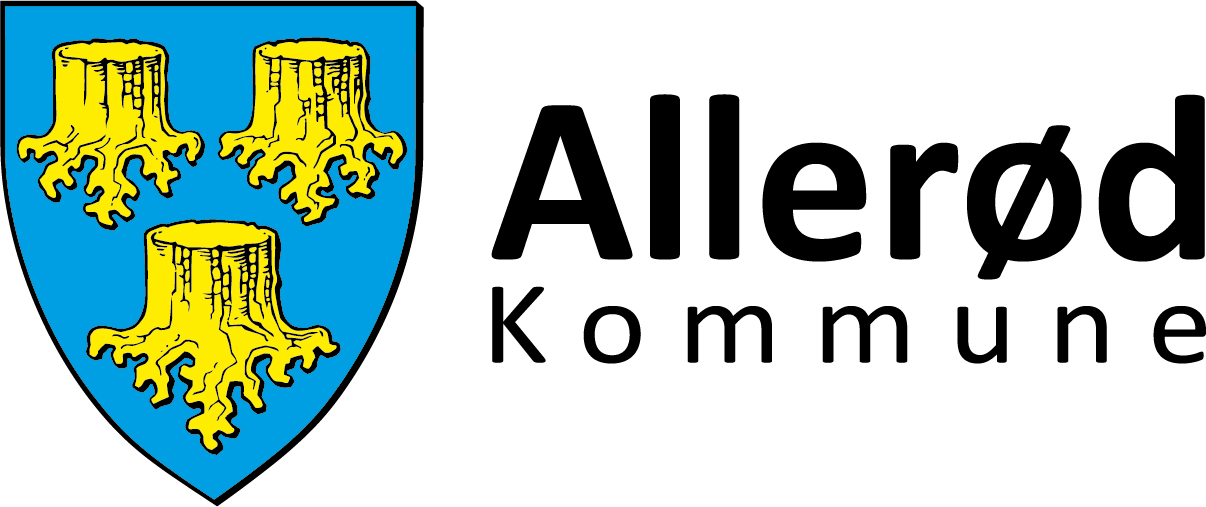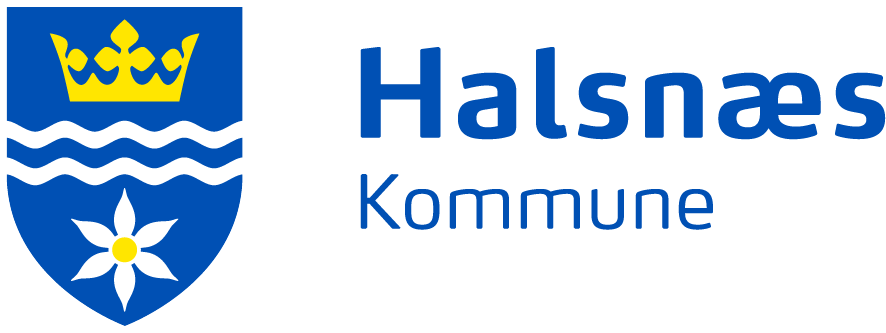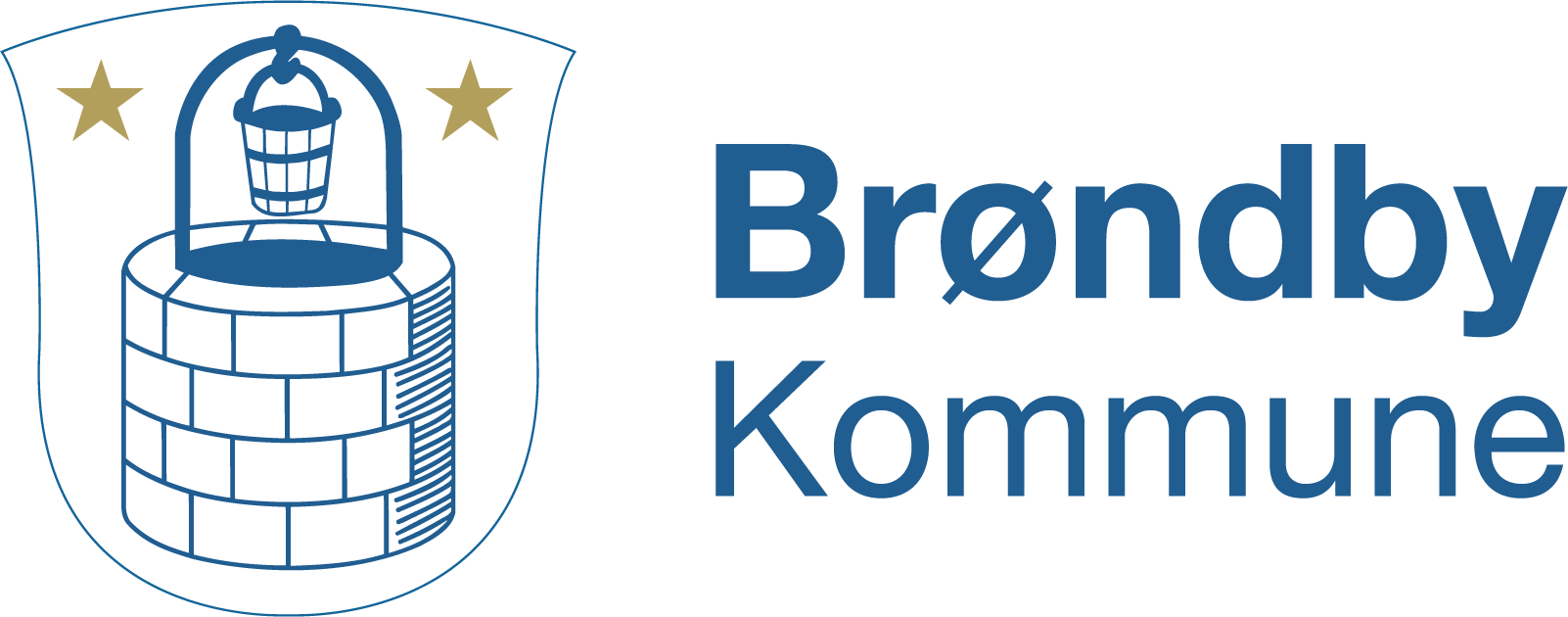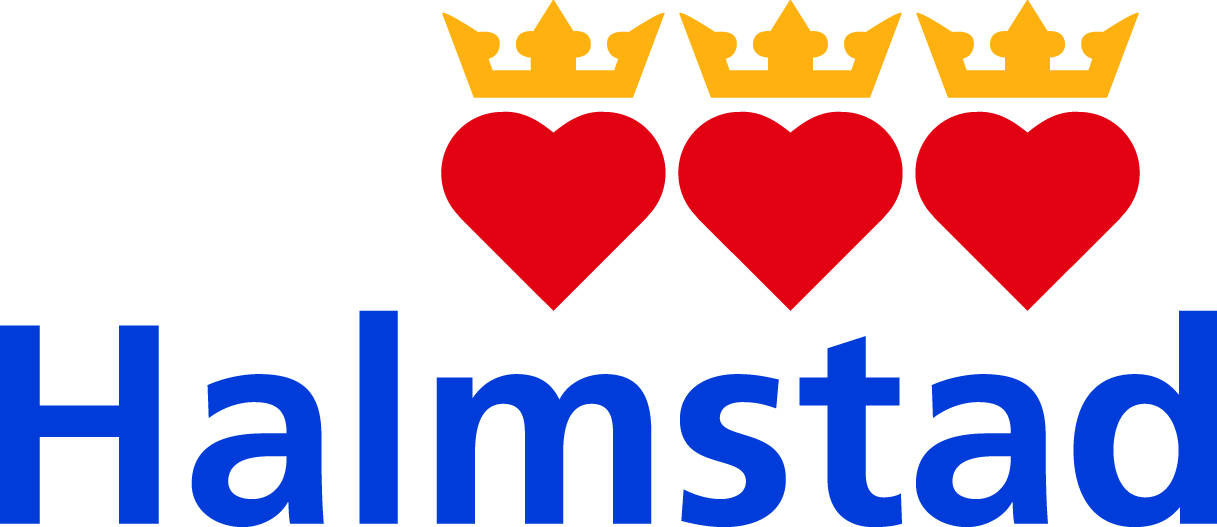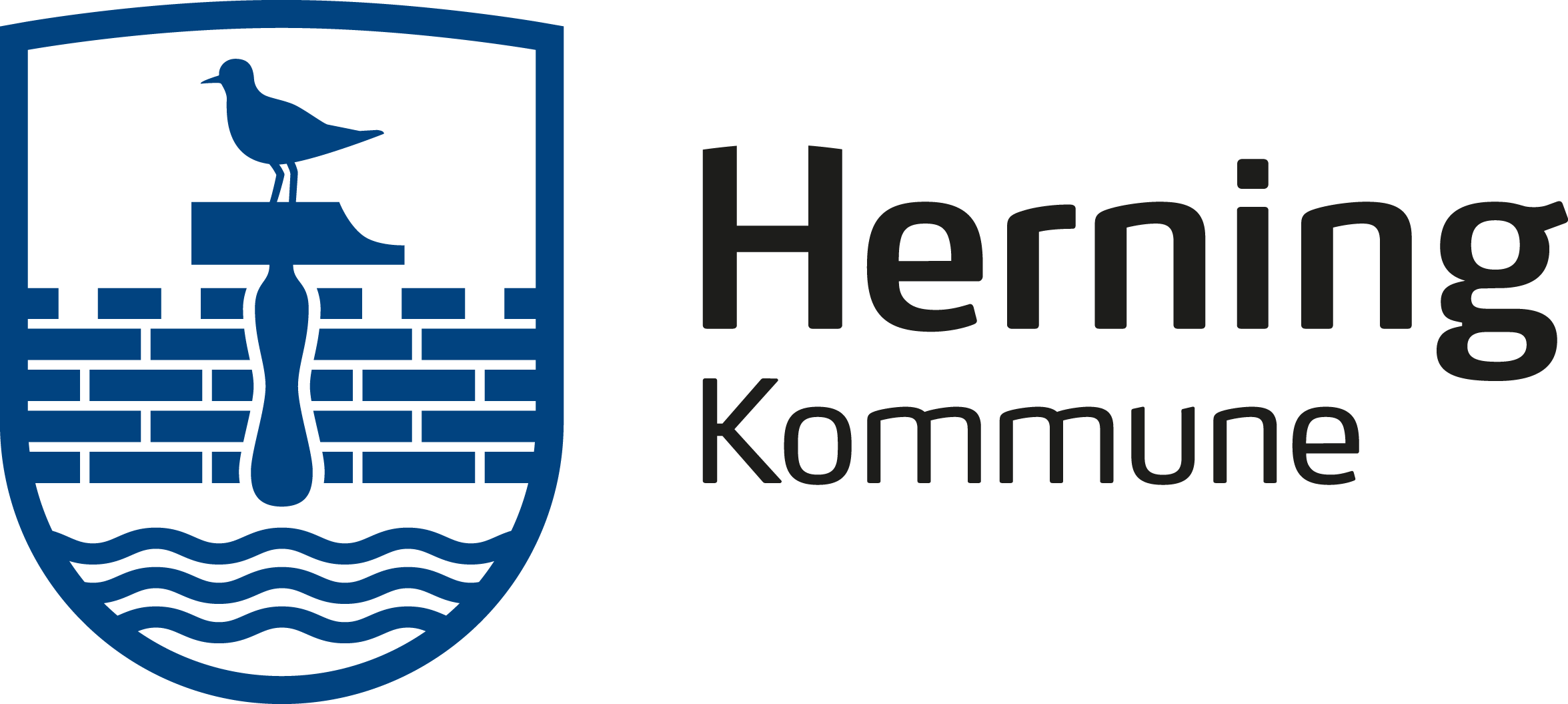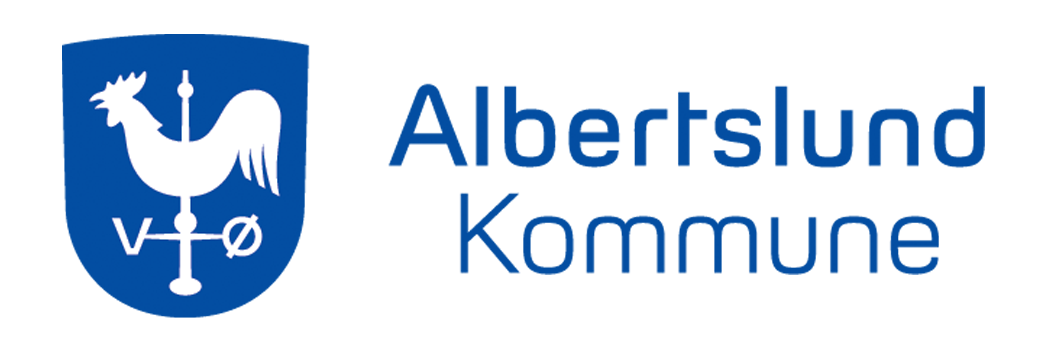
Addiction is a complex disease that often requires specialized treatment. This might involve medical detoxification, inpatient or outpatient rehabilitation programs, or ongoing therapy. The Addiction Stages are well understood by professionals who can tailor treatment to individual needs. For many, the path to addiction begins with curiosity or peer pressure. Maybe it’s a teenager trying alcohol for the first time at a party, or an adult experimenting with prescription painkillers after an injury.
Understanding the Stages of Addiction Recovery
Some of these changes to the brain may remain after a person stops drinking or using drugs. They can also contribute to a person’s chance of relapse after a period of sobriety. Repeated exposure to addictive drugs also leads to rewiring of higher brain regions that regulate motivation, and this system becomes preoccupied with a strong desire to get more drug. A person’s ability to resist strong urges is compromised, leading to compulsive behaviors that can be so powerful as to cause an individual to obtain more drug by whatever means necessary, including stealing. These changes in higher brain function can also interfere with the person’s ability to follow through with decisions to discontinue drug use. This stage also involves changes in neurocircuitry underlying how we think, learn, plan, and make decisions.
Relapse
The person may use the substance primarily to avoid withdrawal symptoms rather than to enjoy its euphoric effects, reinforcing the cycle of misuse. If you or a loved one struggle with drug or alcohol use and are ready to end the cycle of addiction, American Addiction Centers (AAC) can help. AAC has https://ecosoberhouse.com/ treatment centers spread throughout the country, offers the complete continuum of care, and provides evidence-based therapies and individualized treatment plans to help you find lasting recovery. Reach out to AAC to connect with a knowledgeable and compassionate admissions navigator, who can answer your questions, explain your options, and help you begin your journey to recovery.
Dependence
- This results in a combination of brain-centered compulsion and physical need for the addicting substances in the body.
- No matter the reason, drug use can rapidly begin impacting the brain and body.
- Withdrawal symptoms are a significant part of the addiction cycle, and they can be incredibly debilitating for those trying to break free from substance misuse.
- Addiction is a chronic disease that causes a person to continue to use substances or engage in addictive behaviors despite adverse consequences, such as legal problems, financial problems, or health issues.
- It triggers people to seek out drugs regularly in an attempt to achieve the same feeling.
Connecting with others who understand your struggle can provide a sense of belonging how to break the addiction cycle and the encouragement needed to stay the course.
Social isolation can occur as individuals withdraw from friends and family, either out of shame or to hide their substance use. Let’s dive into the murky waters of addiction and explore the stages that keep individuals trapped in this destructive cycle. By shedding light on the intricacies of addiction, we can better equip ourselves to recognize, prevent, and treat this devastating condition. The research elucidating the specific brain pathways involved in addiction is also providing targets for intervention.


This stage can create a cycle of desire, pursuit, consumption, and negative aftermath, perpetuating the addictive behaviour. At a certain point, the body or brain becomes dependent on having the substance to be able to function properly. As an example, a person who has been using cocaine or meth for a long time may find it impossible to feel pleasure without the drug–a condition called anhedonia. By understanding where you are in the change process, you can better prepare for challenges ahead and recognize your growth.
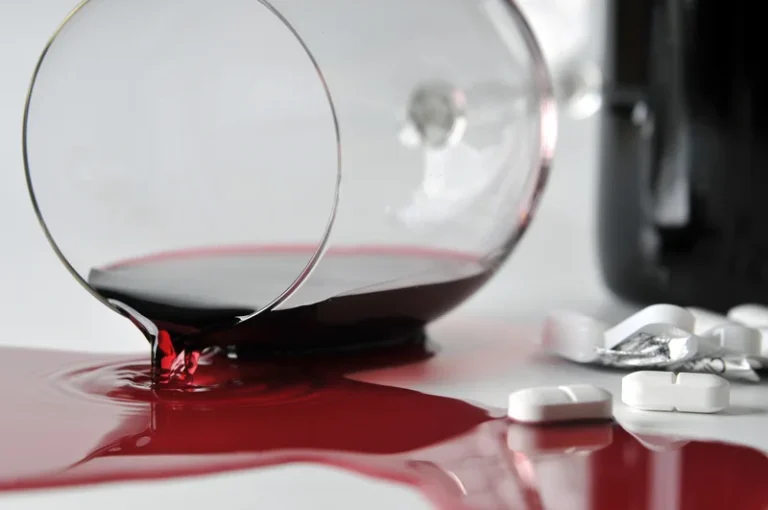

This can lay the groundwork for chemical dependency and lead you to seek substance abuse treatment programs. It is impossible to separate both the physical and mental aspects of the development of any substance use disorder, and stage models typically combine both physical and Halfway house psychological developments within the stage. Not everyone who uses drugs or alcohol becomes addicted, but about 164 million people worldwide have.
Whether or not a substance is being misused often depends on the substance itself and how it acts on the body. In the action stage, individuals actively engage in their recovery by implementing changes in their lives, such as entering treatment programs and using coping strategies to manage triggers. Commitment to abstaining from addictive substances becomes apparent, laying the groundwork for sustainable change.
- Those with addiction may experience relapse, sometimes even after long periods of abstinence.
- Educate yourself about addiction, offer compassion without enabling, and encourage professional help when needed.
- One of the first psychological stage models of human development came from Sigmund Freud where he outlined his famous stages of human personality development (e.g., oral stage, anal stage, etc.).
- Over time, repeated drug use can actually change the structure and function of the brain.
- Next, the extended amygdala, the brain’s stress system, undergoes more activity, increasing feelings of unease, anxiety, and irritability.
- The brain releases chemicals that can cause anxiety, depression, and restlessness.
- An individual may go through multiple attempts to stop using a substance before realizing that addiction is a factor.
Understanding the stages of addiction recovery is crucial for anyone seeking to overcome addiction, support a loved one, or gain insights into the recovery process. While the journey is complex and distinct for everyone, knowing what to expect at each stage can provide a roadmap to successful recovery. Continuous support, effective coping strategies, and professional guidance can create the foundation for a healthier, addiction-free life. Recovery from addiction is a personal journey, emphasizing significant personal growth.
Substance Abuse Treatment Programs
By recognizing the stages of addiction, you can take proactive measures to intervene before the situation worsens. Every stage presents an opportunity to find help, take action, and ultimately escape the cycle of addiction. Addiction is characterized as a brain disorder that changes both its structure and function. It often develops gradually, sometimes over extended periods, making it hard to see how deeply rooted it’s become. Because stage models are organized, typically occur in a linear fashion, and are easy to conceptualize, they are often preferred by popular sources, such as support groups, the media, and laypeople. Bridges of Hope’s treatment philosophy is based on a comprehensive and integrated approach to addressing all issues related to substance use and mental health disorders.

